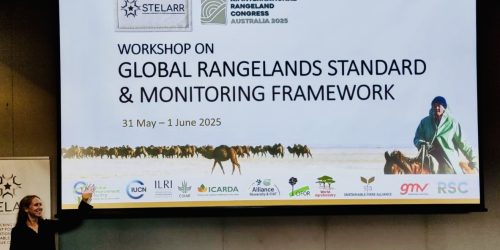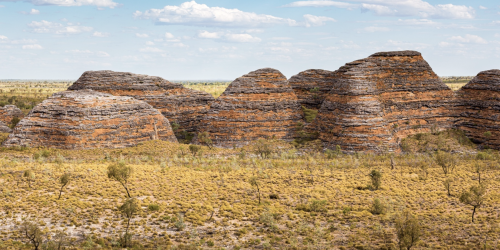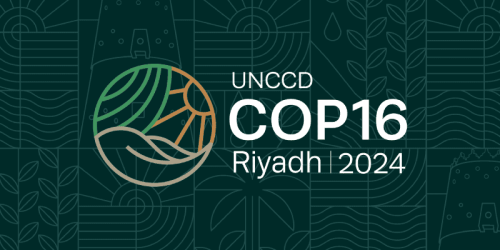On March 12, 2025, the Rangeland Stewardship Council (RSC) and the Sustainable Fibre Alliance (SFA), with support from the GEF-funded STELARR (Sustainable Investments for Large-Scale Rangeland Restoration) Project, hosted the Environmental Impact & Policy Workshop. The event brought together sustainability experts and leaders from fibre and fashion industries to explore the future of rangeland management.
The workshop offered a platform for practical collaboration, focusing on how standards systems, monitoring frameworks, and data-driven strategies can help fashion brands and retailers meet rising sustainability expectations and navigate evolving environmental policies. Participants looked at how the Global Rangelands Standard and Monitoring, Evaluation, and Learning approaches could be used to track progress and support informed, effective action.
Insights and Highlights
Speakers throughout the day emphasised the vital importance of rangelands and called for urgent, coordinated action, along with investments in credible and inclusive solutions.
Opening the session, Houtan Bassiri of the UN Convention to Combat Desertification delivered a compelling message: “Rangeland is often overlooked, yet it is vital to our planet.” He described these vast landscapes—covering over half the Earth’s land surface—as central to biodiversity, food systems, and local livelihoods. “Sustainability isn’t optional; it’s a must.”
Building on this, Una Jones, CEO of SFA and Director of RSC, advocated for a landscape-wide approach, highlighting the importance of aligning environmental, social, and economic goals. “This is a pivotal moment for these vital conversations,” she said, emphasising RSC’s work in developing a global standard grounded in both science and traditional ecological knowledge.
Dr. David McElroy elaborated on the Global Rangelands Standard, explaining how it is designed to help companies meet emerging policy requirements such as the EU Green Claims Directive. “This standard aims to cover key aspects of rangeland sustainability,” he noted. “Companies will need solid proof for their green claims.”
Dr. Zara Morris-Trainor spoke to the role of private sector investment in impact monitoring, presenting funding models and monitoring work as promising examples of social impact in action. “We provide a platform for private sector investment in rangeland systems,” she said.
Dr. Julian Bayliss (RSC) introduced a framework to track ecosystem services—such as carbon storage and biodiversity—offering a clearer picture of environmental health on the ground.
Expanding on large-scale monitoring, Dr. Leah Winowiecki showcased integrated approaches that combine field data, remote sensing, and citizen science. She highlighted the Regreening App, developed by ICRAF, as a practical tool that enables farmers and other stakeholders to actively participate in land restoration by collecting and sharing critical data.
The interactive session culminated in participants exchanging views on shared challenges and practical innovations—from water quality and land restoration to community-led monitoring.
Toward Lasting Impact
A key takeaway from the workshop was the importance of collaboration. “We’ve learned so much from our on-the-ground experiences,” reflected Una Jones, highlighting the power of shared knowledge and collective effort. Achieving lasting impact will require ongoing dialogue, shared expertise, and investment in solutions that work for both people and the environment.
The RSC and SFA closed the workshop by reaffirming their commitment to advancing sustainable rangeland management through credible standards, strong governance, and inclusive partnerships. Insights and feedback from the session will inform upcoming initiatives, helping shape a future where rangelands are valued, protected, and restored.
To learn more about the RSC’s initiatives and ways to participate, visit our Get Involved page.





